Blog Promoting Agrobiodiversity in the Sahel: Discover SUSTLIVES Project
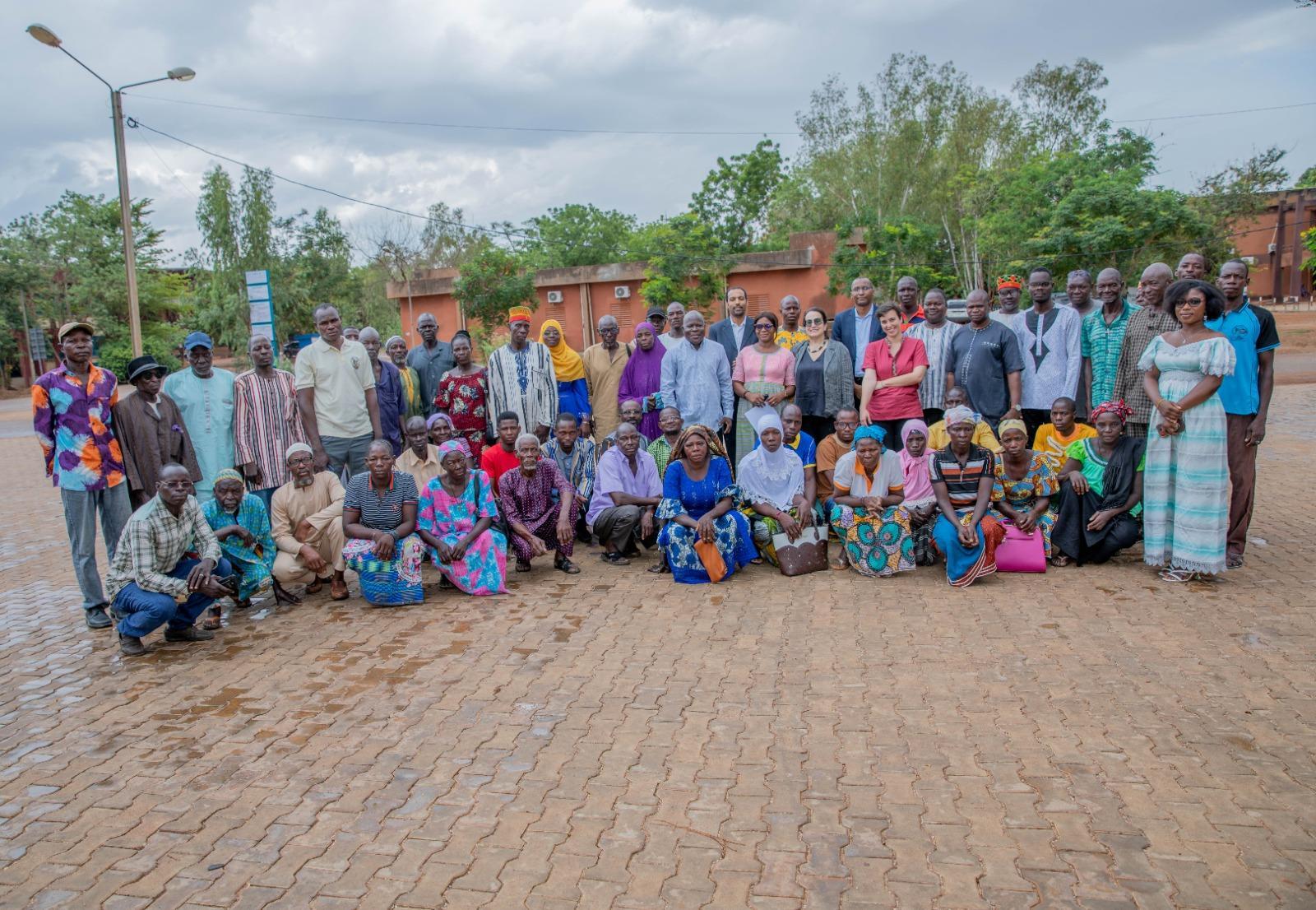
Diverse food production, agroecology practices, and indigenous crop varieties can greatly contribute to the global objective of food systems transformation. Learn how through highlights from the project ‘SUSTaining and Improving Local Crop Patrimony in Burkina Faso and Niger for Better LIVes and EcoSystems’ (SUSTLIVES).
Over the past three years, the Alliance of Bioversity International and CIAT has been working across the Sahel region to design a regional intervention across Burkina Faso and Niger, to holistically improve to human livelihoods and the surrounding environment. Agrobiodiversity is at the heart of this effort: the project promotes indigenous and climate-resilient crops, developing value chains that provide incomes to women and young people. This work is funded by the European Union and implemented in partnership with the Italian Agency for Development Cooperation.
To reach the project’s objectives, the Alliance is contributing its expertise in the following areas:
Identifying neglected and underutilized species (NUS) with economic potential
whose reincorporation could contribute to environmental protection, climate change adaptation, social equity, and nutrition for local communities
Priority NUS are selected through consultation with local actors, combined with scientific research on the suggested varieties. Initially, an extensive list of NUS was proposed and ranked based on selection criteria such as their climate resilience, nutritional value, potential for value chain development, and role in increasing gender equality. An online survey has been developed and shared with local and international experts, and the results have been compared with outcomes from consultations carried out in both countries’ capital cities with stakeholders ranging from farmers’ organizations, government ministries, universities, and private-sector actors. By integrating qualitative insights, quantitative data, and involving stakeholders through participatory methods, the project designers could get a holistic understanding of the ecological and socio-economic value of the identified NUS. This inclusive approach strengthened the selection process, and created a sense of community engagement and ownership.
Mapping and Community Engagement: Custodian Farmers and Crop Heritage
Active community engagement is a cornerstone of SUSTLIVES, working with 10 villages near Niamey (Niger), and 11 villages near Ouagadougou (Burkina Faso). Through extensive mapping, the project identified custodian farmers – individuals who maintain valuable traditional knowledge about local crops and ecosystems – engaging 33 custodians in Niger, and 90 in Burkina Faso. By involving these guardians of local knowledge, SUSTLIVES taps into a wealth of wisdom that has been passed down through generations, allowing the project's efforts to be rooted in local expertise.
Data Collection and Analysis: Illuminating the Path Forward
To support informed decision-making, SUSTLIVES puts a strong emphasis on data collection. By gathering and analyzing socio-economic and agro-environmental data, the project gains insights that guide its interventions. This data-driven approach enables precise targeting of challenges, and facilitates the development of solutions that consider the unique context of each region. The Alliance has already produced a series of research outputs, as well as materials for communities to use, including regionally adapted seasonal calendars, which identify seasonal gaps in nutrition, providing guidance on how to address malnutrition through seasonal adaptations.
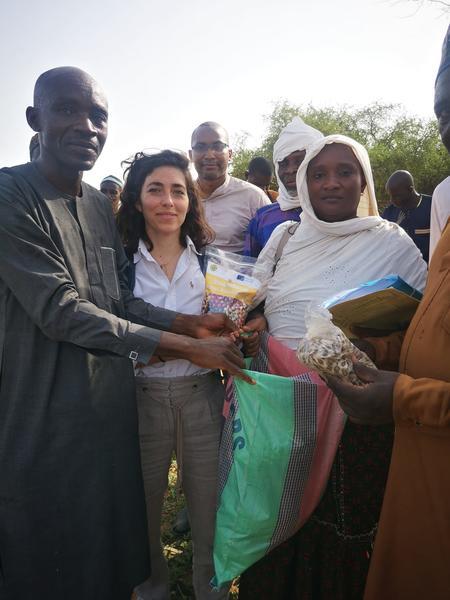
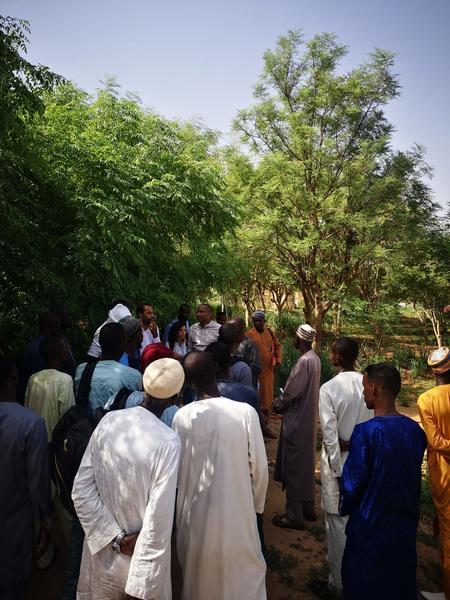
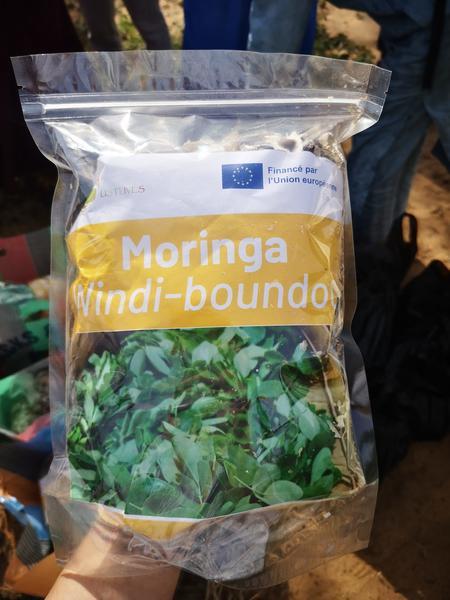

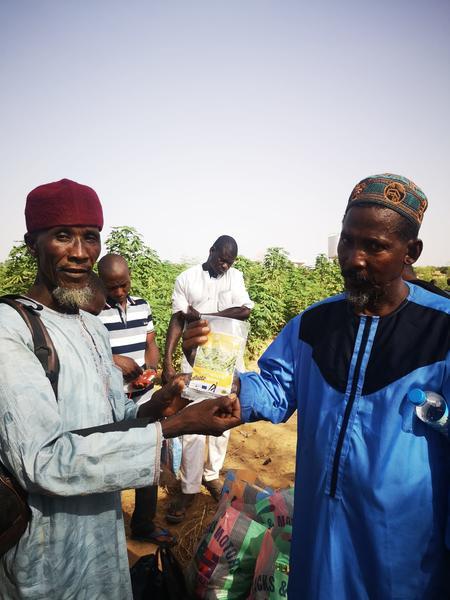
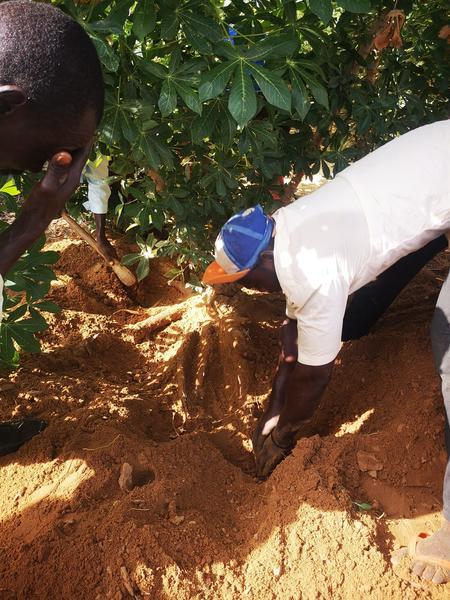
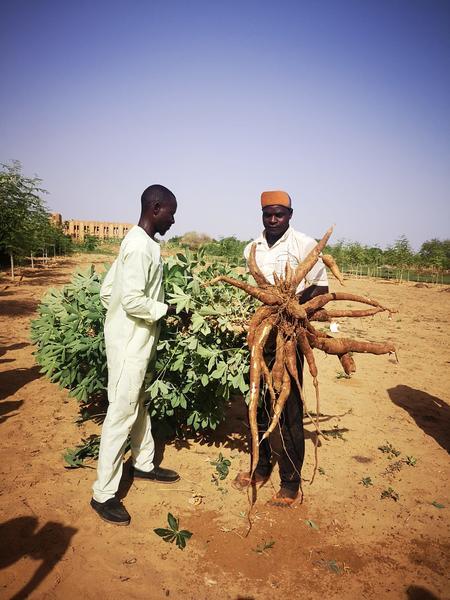

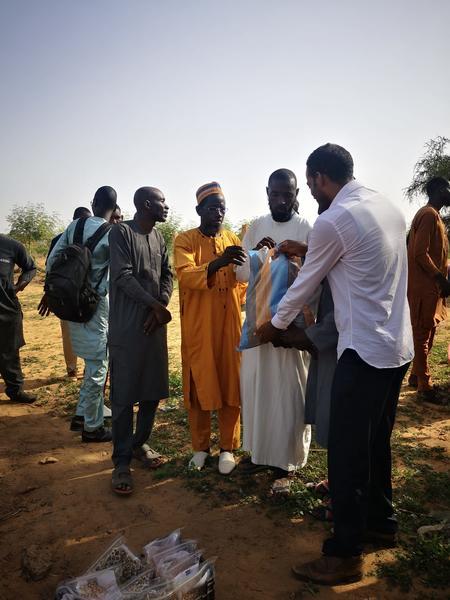
Forging New Value Chains: Neglected and Underutilized Species
In Sahelian cities, it is essential to pinpoint bottlenecks and increase the involvement of women and young people. Recognizing the demand in these cities – partially driven by migration patterns – underscores the importance of this work. By addressing these bottlenecks and actively engaging women and youth, SUSTLIVES meets the existing demand and paves the way for sustainable growth and development in the region. A defining activity of the project is the study and development of value chains associated with NUS. The spectrum of market actors – from producers to processors, distributors, vendors and consumers – have been extensively explored through surveys and data collection, allowing the Alliance to carry out an analysis of eight product value chains: moringa, sweet potato, fabirama, vouandzou, amaranth, hibiscus, cassava and okra, which could be the starting point to explore new market development in other Sahel regions.
Empowerment through Education: Community Awareness and Engagement
SUSTLIVES recognizes that change requires empowerment at the grassroots level. As part of its approach, the project carries out community awareness-raising activities including working with local schools to integrate project-related activities into the curriculum, and using radio channels to share information. These efforts raise awareness and create a sense of ownership and enthusiasm amongst community members.
Collaborative Partnerships: Italian Agency for Development Cooperation (AICS) and Stakeholder Networks
SUSTLIVES is a testament to the power of collaboration. The project partners work closely with AICS to build a robust network of stakeholders that range from farmers' groups (the custodians of the land) to policymakers and civil society. Through these collaborative activities, SUSTLIVES uses expertise, resources, and shared commitment to drive lasting change. Furthermore, the interconnected network that has emerged from the project ensures that diverse perspectives are considered, and that decisions are shaped collectively for the greater good.
Other project team members are Abdel Kader Naino Jika and Gaia Lochetti.
The Team

Francesca Grazioli
Scientist I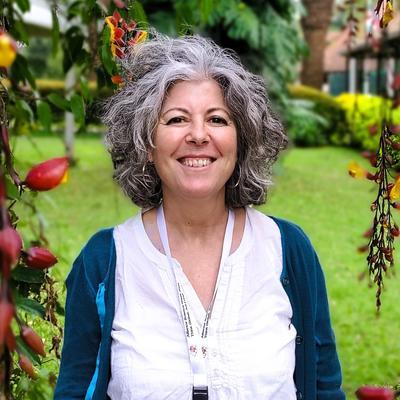
Teresa Borelli
Associate Scientist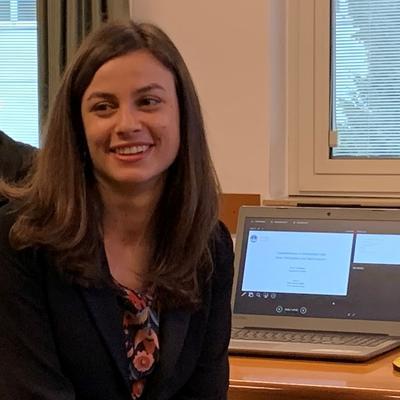
Eleonora De Falcis
Associate Scientist
